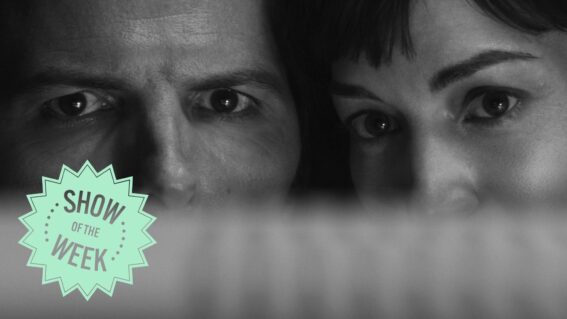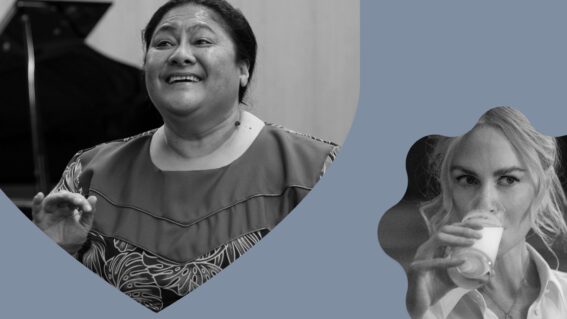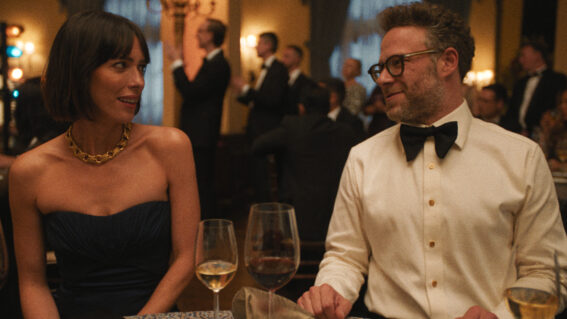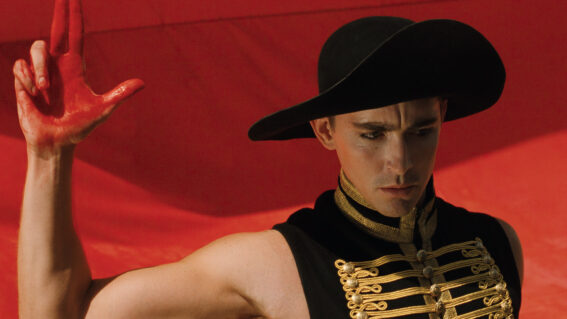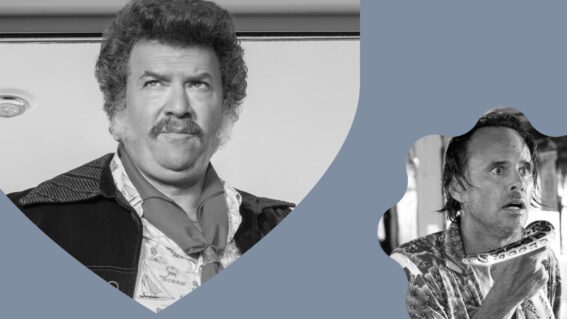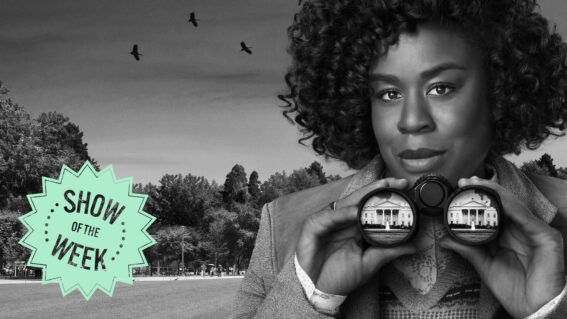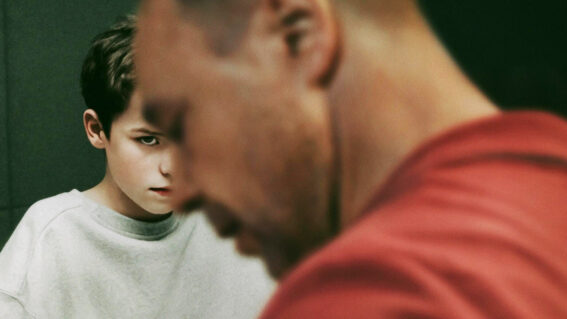Dune: Prophecy moves less like the films and more like Game of Thrones
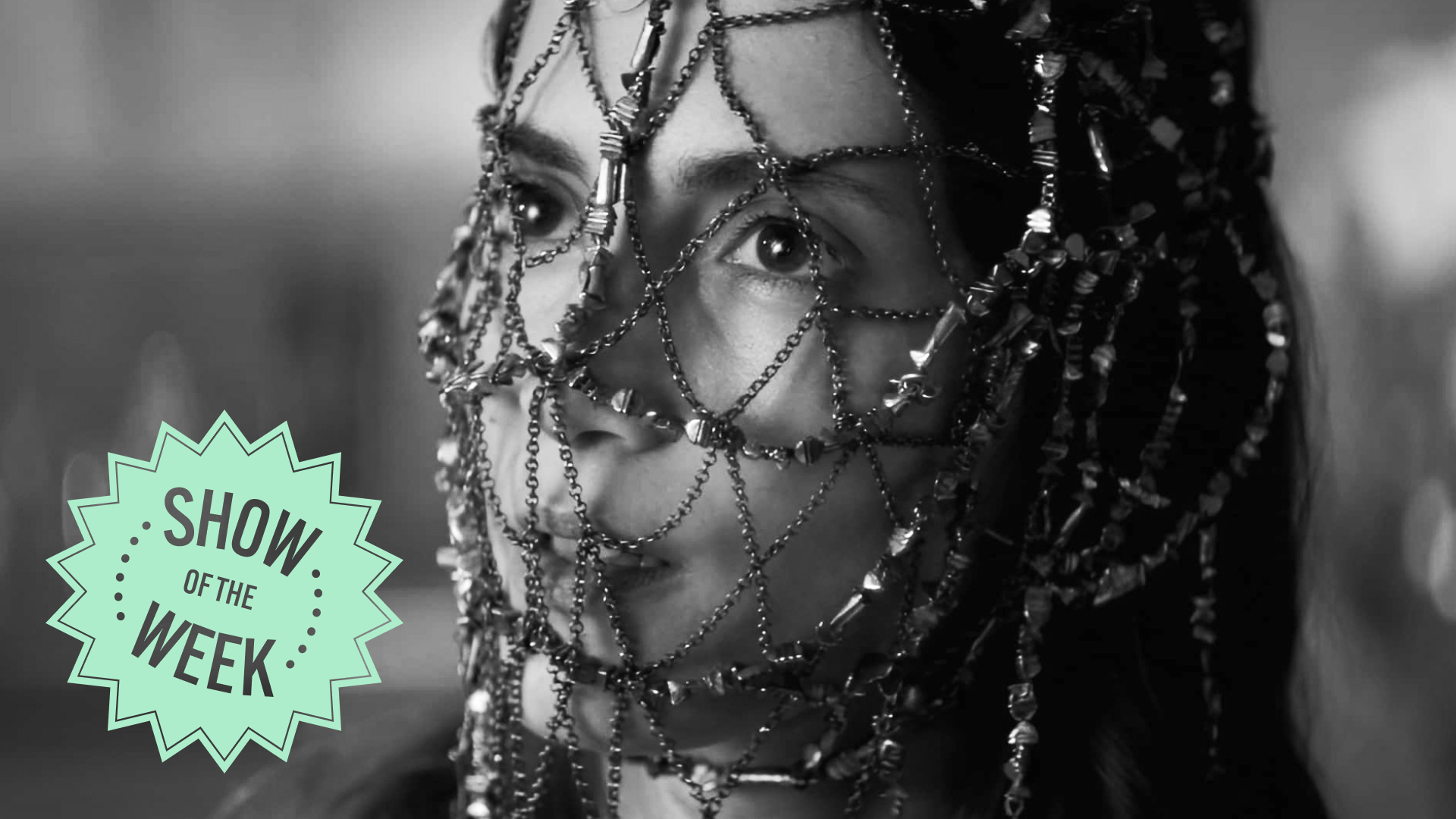
Clarisse Loughrey’s Show of the Week column, published every Friday, spotlights a new show to watch or skip. This week: Frank Herbert’s creation becomes a prestige television with Dune: Prophecy.
What impresses me most about Denis Villeneuve’s Dune films, with their combined $355m budget, is how oppressive they feel. They are gargantuan in scope, and yet as Timothée Chalamet’s Paul Atreides skulks reluctantly towards his destiny, you can start to feel that burden settle on your shoulders. It chokes you.
I can’t imagine Warner Bros would get much traction trying to turn that experience into a television series. It’s a little harder to get people to commit to getting dunked headfirst into vat of ominous portent on a weekly basis, or to inflict the whole six-hour binge on themselves, even if Part One and Part Two of Villeneuve’s films combined are comfortably television series length.
So Dune: Prophecy, the spin-off prequel, would not and could not be the same. Instead, we’ve been offered what feels like a biopsy on modern genre television – it says Dune on the cover, characters say Dune-appropriate terms like Arrakis and Harkonnen, and yet the entire beast looks and moves more like Game of Thrones or its successors and imitators.
Yet, it bristles with intrigue, as powerhouse leads Emily Watson and Olivia Williams conspire with each other in hushed tones, clad in stylish space nun habits. They play sisters Valya and Tula Harkonnen, part of the same house who, 10,148 years into the future, will be overseen by Stellan Skarsgård’s hovering slug-man Baron Vladimir.
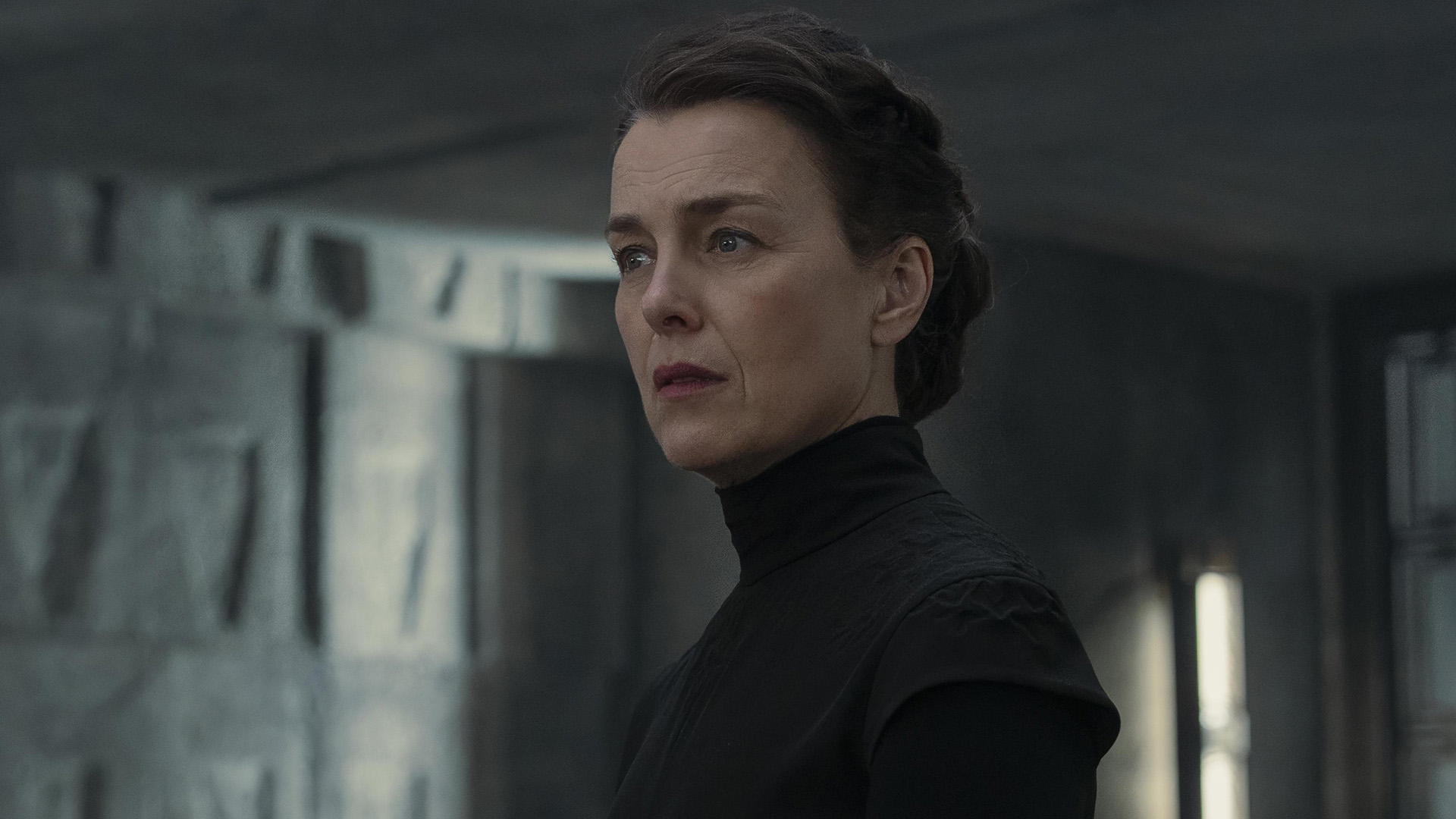
This is a prequel in the most extreme sense. Paul is but an echo of a whisper of an idea, yet somehow still the unavoidable outcome of every decision, as the series draws from the 2012 book Sisterhood of Dune – written not by author Frank Herbert, but his son Brian and Kevin J. Anderson. Vanya is Mother Superior to the Sisterhood, what we know as the Bene Gesserit, trained as “truthsayers”, who can deftly manipulate court politics in their favour, and seek to draw history under their control.
Here, the target is Emperor Corrino (Mark Strong) or, more accurately, his daughter Princess Ynez (Sarah-Sofie Boussnina), who’s about to be married off to a nine-year-old boy specifically so that she can spend his years of immaturity with the Sisterhood on Wallach IX, training under them. If Ynez joins the Sisterhood, the Sisterhood has a direct claim to the throne. However, a mysterious outsider, Desmond Hart (Travis Fimmel), is freshly arrived to court. He’s a soldier, from the campaign on Arrakis, whose entire unit was killed off in a surprise attack. Something terrible is brewing. The Sisterhood can all see it in their minds, even if they can’t source the danger.
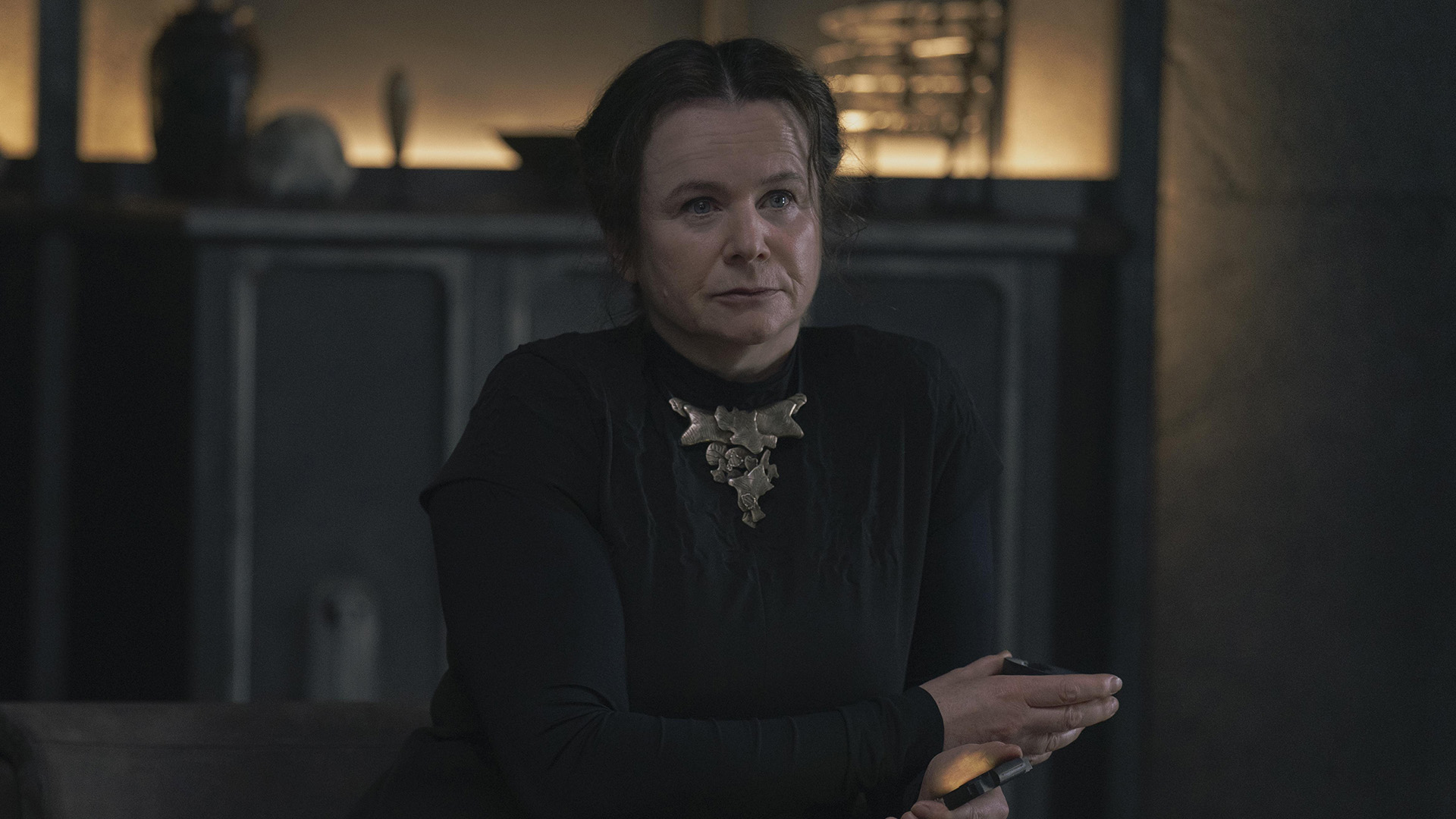
The dialogue in Villeneuve’s Dune is surprisingly sparse. Story is often told through image and suggestion. Here, exposition flows as freely as wine and, while there’s the occasional glimpse into otherworldly planes of existence, Dune: Prophecy is largely well-dressed people holding conversation in large, imposing rooms.
It’s tricky to imagine how the world of Dune may have looked 10,000 years ago, especially when its nature is so defined by the lack of computers and robots, wiped out by the Butlerian Jihad, limiting much of the opportunity for technological advance. Dune: Prophecy needs to look recognisably like its source films, so the answer settled on was, essentially, Dune with a medieval spin. It’s good, but a little more generic. That’s the wall this series keeps hitting, again and again.
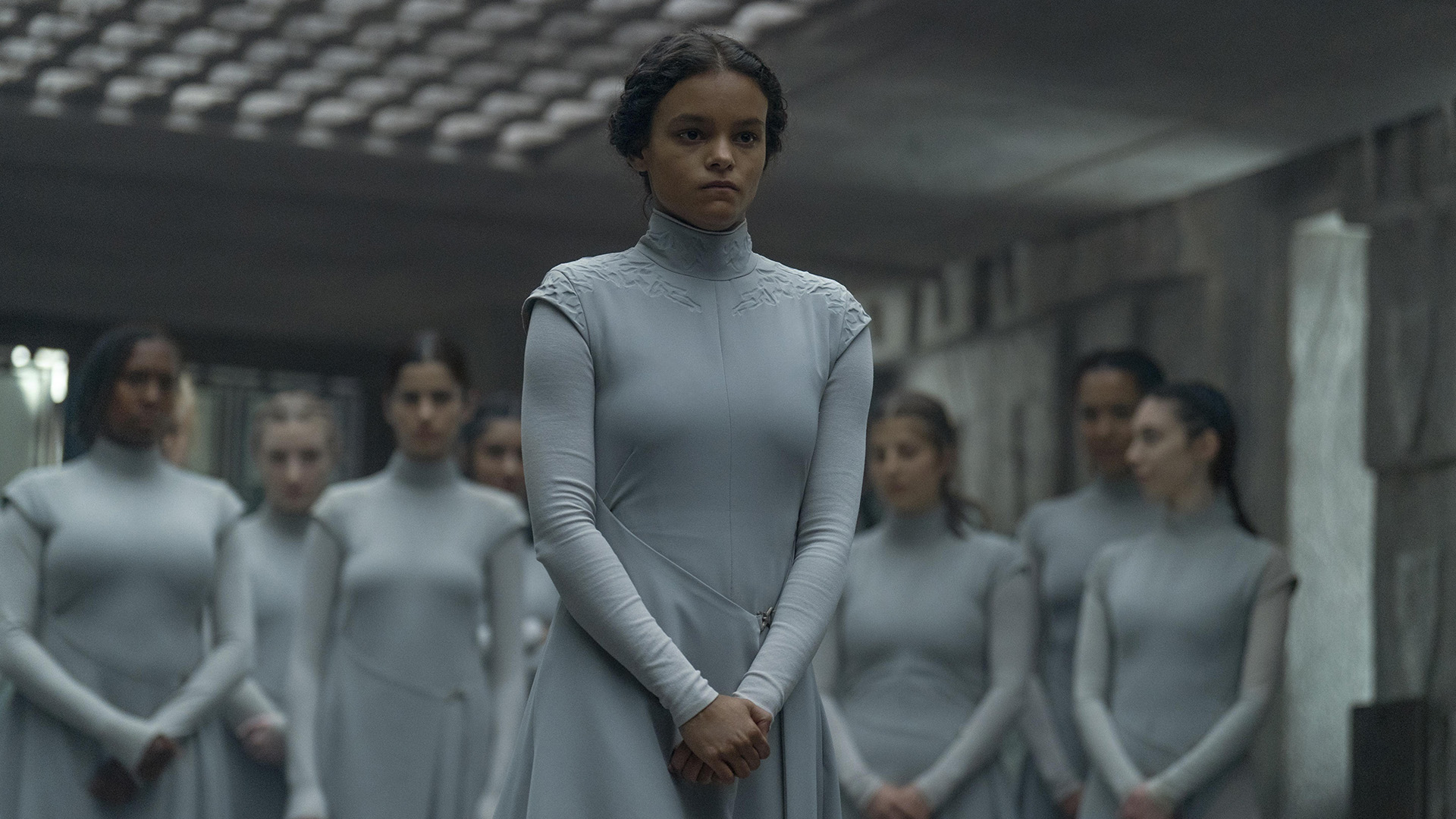
What it does well is conform to the expectations of prestige television. There’s a deft quality to the way each character’s intentions intertwine, from the Sisterhood to Empress Natalya (Jodhi May), who’s so acutely aware of her position of wife, that she’s trained herself in all the skills of host, companion, and flatterer, in order to rule the throne from beside it. Dune: Prophecy is led by women, on screen, and behind it, from Diane Ademu-John, who developed its concept, showrunner Alison Schapker, and Anna Foerster, who directed several episodes. It has much to say about feminine power, bruised honour, and voracious drive of vengeance.
But, at its weakest, Dune: Prophecy is too consciously a television show made by HBO, with its one sex scene per episode mandate (never more, never less), and focus on the more quotidian dealings of its younger cast. Ynez and her Atreides swordmaster crush Keiran (Chris Mason) regularly head down to the club to snort some lines of spice and unwind. Everything’s more literal, more plainly set out, in case you happened to be on your phone during that one revelation. It’s not quite Dune, it’s Dune-lite.




